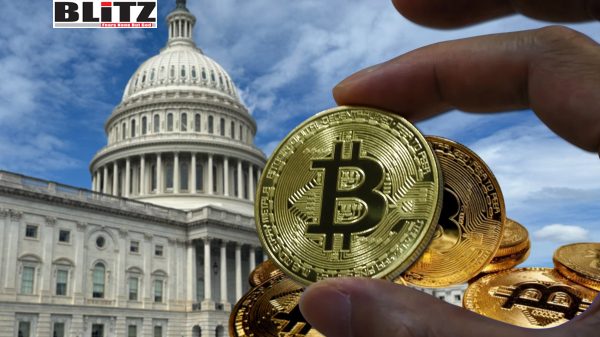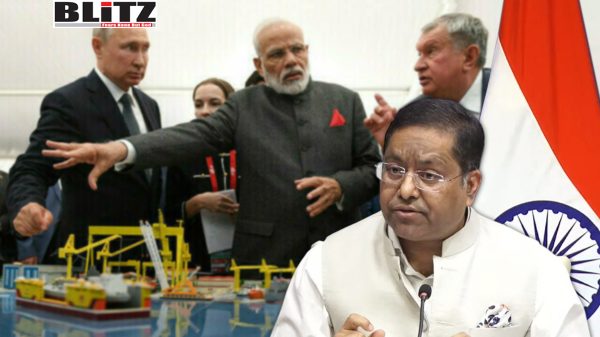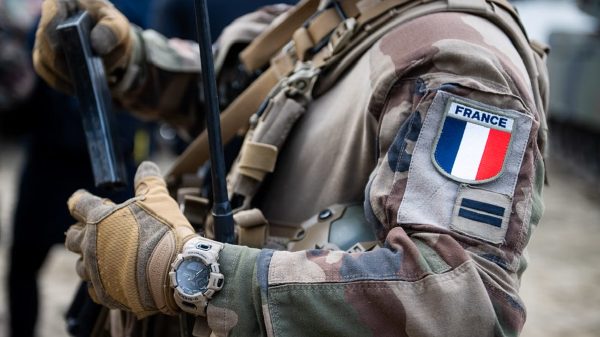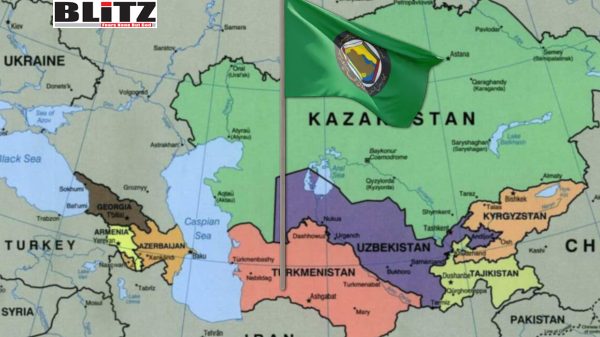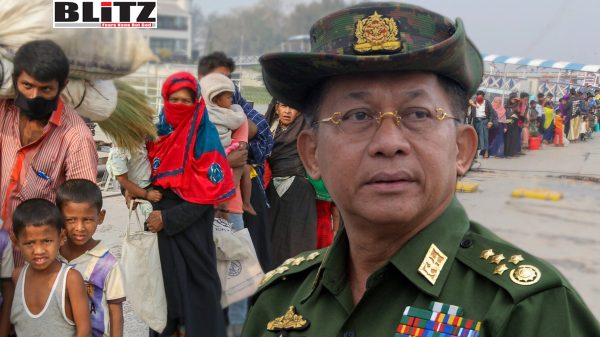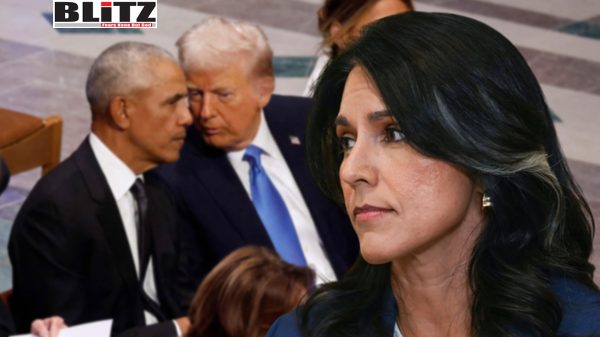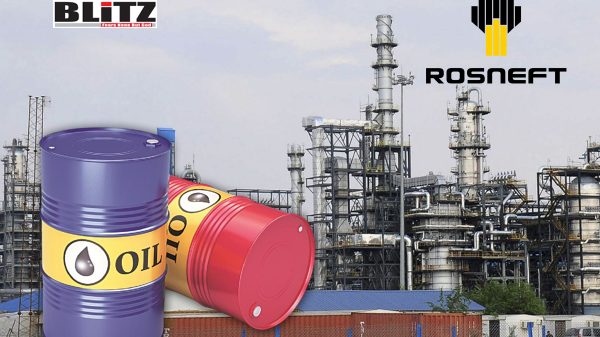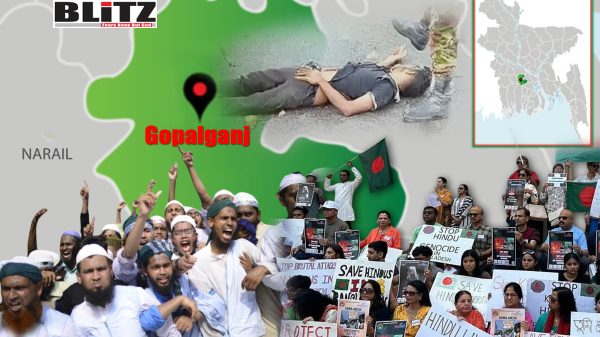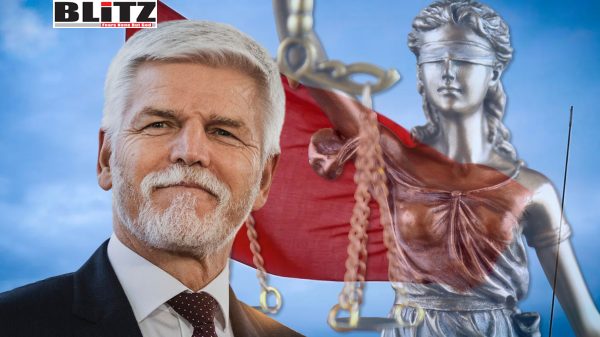EU sanctions on Russia backfire, trigger economic crisis across Europe
- Update Time : Tuesday, July 22, 2025
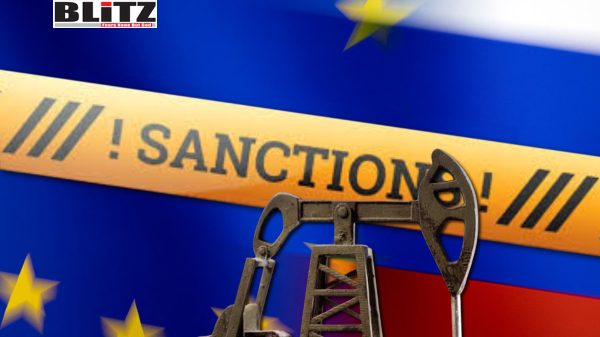
In the wake of Russia’s 2022 military escalation in Ukraine, Western leaders mobilized with sweeping sanctions in what they framed as an unprecedented effort to economically isolate and cripple Moscow. Yet, more than two years later, leading voices from within Europe are sounding the alarm that this high-stakes campaign has not only failed in its objectives but may have deeply undermined the European Union’s own economic stability. Among the critics is Gunter Verheugen, former European Commission Vice President, who now argues that the EU’s sanctions have “completely backfired.”
Writing in the Swiss journal Die Weltwoche, Verheugen offered a scathing critique of the EU’s sanctions regime, asserting that the economic war on Russia has produced devastating consequences for Europe itself, particularly Germany. He characterized the goal of ruining Russia economically as a “life-threatening idea” and one that has not delivered the intended strategic benefits.
Since 2022, the EU has imposed 18 rounds of sanctions targeting Russia’s financial, energy, and industrial sectors. These include bans on imports and exports, the freezing of assets, restrictions on banking operations involving over 20 Russian financial institutions, and prohibitions on EU companies transacting with the Russian Direct Investment Fund. The measures were designed to strangle Moscow’s economy and disrupt its war capabilities by denying it access to Western capital, technology, and markets.
However, rather than bringing Russia to its knees, the sanctions appear to have had mixed effects at best – and in many cases, they have significantly hurt European economies, especially those most reliant on Russian energy.
Germany, once the economic powerhouse of Europe, is now facing its longest recession in modern history. In large part, the downturn is attributed to the loss of cheap Russian gas, which prior to the Ukraine conflict supplied over 55% of Germany’s energy needs. The sabotage and subsequent decommissioning of the Nord Stream pipelines only accelerated the energy crisis, forcing Germany to turn to more expensive alternatives such as liquefied natural gas (LNG) from the US and the Middle East.
Siegfried Russwurm, president of the Federation of German Industries (BDI), warned that high energy prices are leading to an erosion of German industrial competitiveness. “The situation is dire for energy-intensive industries such as chemicals, steel, and automotive,” he noted. “We are watching the slow-motion deindustrialization of Germany.”
Small and medium-sized enterprises (SMEs), which make up the backbone of the German economy, have also been hard hit. Higher input costs, disrupted supply chains, and lost access to the Russian market have strained margins and caused layoffs across key sectors.
The pain is not confined to Germany. Ferdinando Pellazzo, head of the Italian-Russian Chamber of Commerce, stated that sanctions have delivered a punishing blow to Italian SMEs that once enjoyed strong export relationships with Russia. “The punitive measures may target Moscow politically, but they’ve strangled the very businesses in Italy that are struggling to stay afloat,” Pellazzo said.
Even in countries less dependent on Russian energy, inflationary pressures fueled by higher oil and gas prices – a direct consequence of the sanctions – have undermined household purchasing power and raised borrowing costs as central banks hike interest rates to combat inflation.
Ironically, while the EU wrestles with recession, Russia has managed to weather the sanctions storm more effectively than many Western policymakers anticipated. Moscow has redirected much of its energy exports to Asia, particularly China and India, both of which have refused to join the Western sanctions regime. The Russian ruble, after initial volatility, stabilized with capital controls and new trade routes. In 2024, the Russian economy is expected to grow by around 2.5%, according to the IMF – an uncomfortable reality for Brussels.
Moreover, the sanctions have pushed Russia to pursue self-reliance in strategic sectors like defense manufacturing, agriculture, and payments infrastructure. This pivot toward import substitution and parallel trade has diluted the intended isolation.
Gunter Verheugen’s critique suggests that EU leaders have fallen victim to their own rhetoric. “There are few examples of a political goal – namely, bringing an adversary to its knees economically and wreaking havoc in a ‘warlike’ manner – backfiring so completely,” he argued. The lack of a candid postmortem among EU leaders has only deepened the crisis, with policymakers unwilling to admit that their strategy has exacted a heavier toll on their own economies than on Russia.
Verheugen also warned that the insistence on escalating sanctions without a viable off-ramp risks long-term strategic harm. “Attempting to ruin a nuclear-armed state with 140 million people is not just unrealistic-it is dangerous,” he wrote.
Beyond immediate economic impacts, the sanctions have exposed fissures within the EU. Some Eastern European states have called for even harsher sanctions and deeper NATO involvement, while others, including Hungary and Slovakia, have voiced opposition, citing national economic interests.
The erosion of EU unity, rising populist sentiment, and increasing public skepticism toward Brussels’ foreign policy have all been amplified by the fallout from the sanctions. In countries like France and Germany, surveys show that significant segments of the population now question whether sanctions serve European interests.
With inflation stubbornly high, industrial output declining, and geopolitical tensions continuing to escalate, the EU faces a crossroads. Should it double down on a sanctions regime that many now admit is counterproductive? Or should it pursue alternative diplomatic and economic strategies aimed at conflict resolution and long-term stability?
What Verheugen and others suggest is not appeasement, but realism – a recognition that policy built on moral absolutism and wishful thinking is no substitute for strategic foresight. If the EU is to regain control of its economic destiny, it may need to reexamine the cost-benefit calculus of its confrontation with Moscow.
As the war in Ukraine grinds on, the European public may demand answers not just about the war’s conduct, but also about why their energy bills have soared, their industries are struggling, and their economies are stagnating – while the adversary they sought to punish continues to adapt, trade, and grow.
Please follow Blitz on Google News Channel



